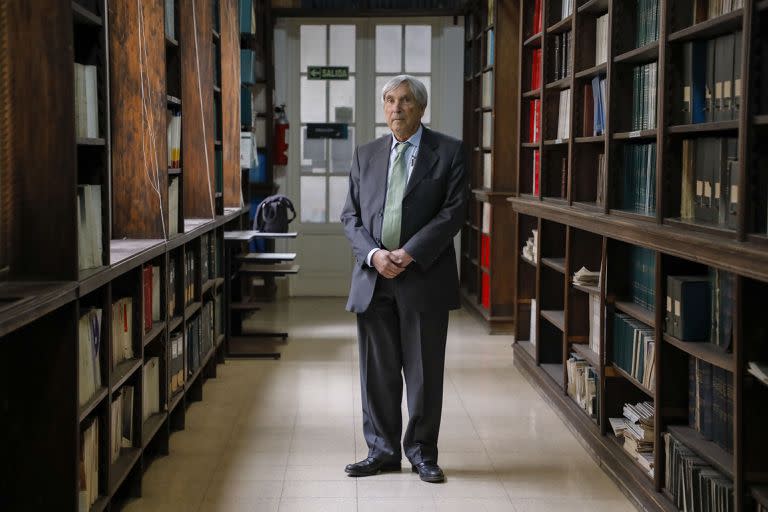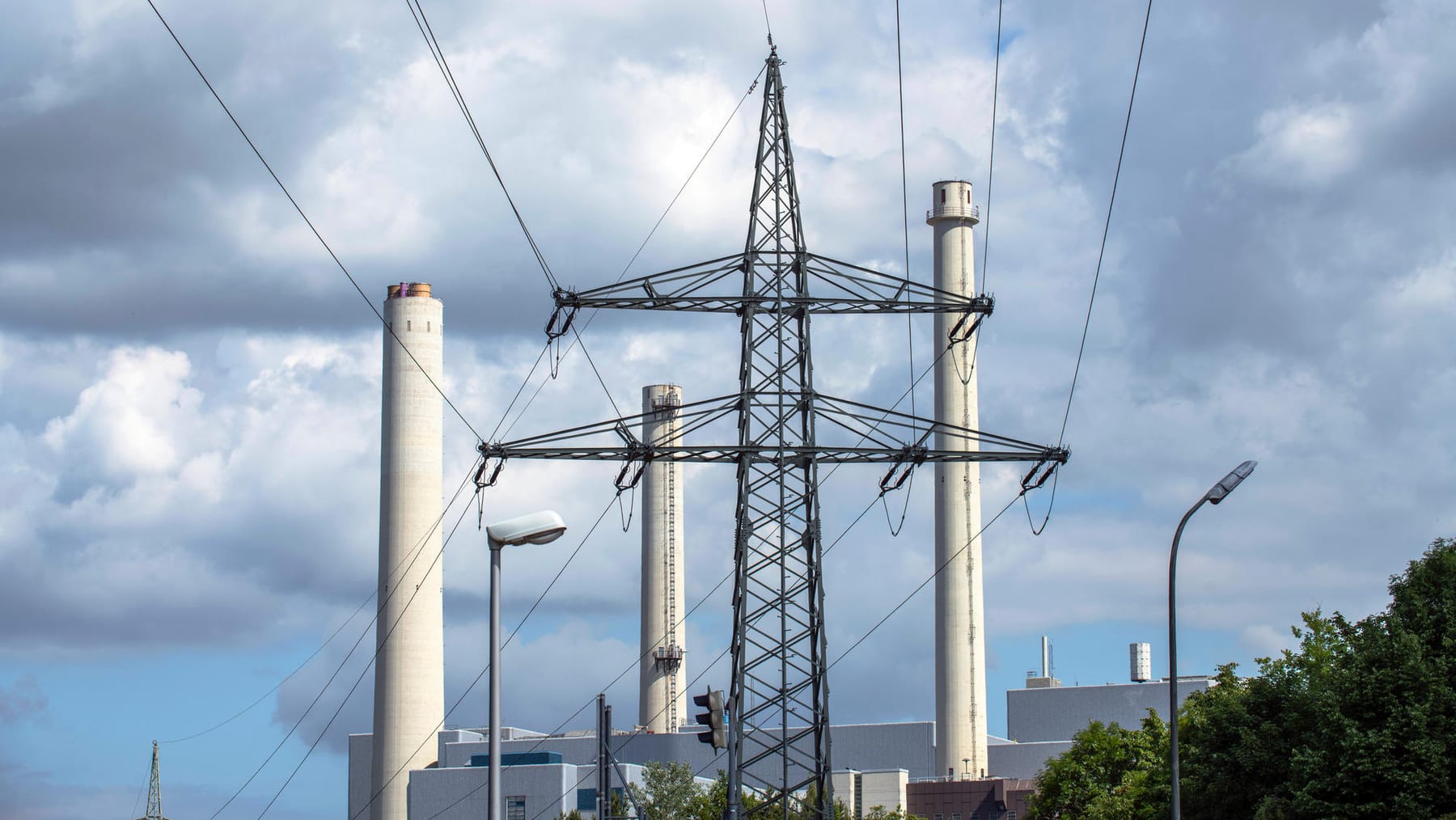Son of a plastic artist and grandson of a pediatrician, Patrice Debre exhibits both facets, but it is clear that one won: at 77 years old he is professor emeritus at the Sorbonne y member of the National Academy of Medicine in France, with a career that includes work with a Nobel Prize and active participation in the fight against HIV-AIDS. Although Debré, who is an immunologist, believes that medicine combines science with some art, especially in research, “it is definitely a science”, as he defined it during this interview in the city. He came from Brazil invited by the Argentine National Academy of Medicine (ANM), where he received an award as an honorary member and yesterday gave a master class on Luis Pasteur, whose series of discoveries still amaze him. In this talk, he spoke out against the actions of the World Health Organization (WHO) during the Covid pandemic which, on the other hand, could end if a nasal vaccine was finally developed that would prevent transmission of the virushe said.
– Do you think we live in a new era, marked by viruses?
-No not at all. This coexistence with microorganisms always existed. From prehistory itself. Humans domesticated animals and from there the first zoonosis and the first epidemic appeared. That is the reason, the circulation of microbes between animals and humans. And then it went on. Now perhaps increased by the destruction of forests and ecosystems; that’s why we must be prepared for new epidemics, but the truth is that there have always been epidemics.
– What teaching does the Covid leave?
–What we saw with the Covid is the need to educate people about what microbes are and how they are transmitted from animals. And that the rules of hygiene, the use of masks and other matters, such as proper water treatment, must also be understood. You also have to be on the lookout for antibiotic resistance, which is being seen more and more in certain countries.
-You spoke about education, how did you see the communication of the pandemic?
-The public must be trained by books, movies, but the most important thing is to do it from a young age, at school. This way they can be better prepared and fight better against new dangers.
– Is it enough to deal with the false news that prevailed during the pandemic?
-It is that if you do not prepare people, then false news is easily introduced. If you are well educated, they do not harm you so much. It is proven that the most educated people live ten years longer, unbelievably. That is perhaps due to a better understanding of hygiene rules and having a good lifestyle. I discussed it with Professor (Juan Antonio) Mazzei (president of the ANM): educating for health is different in Argentina, China and Europe, each country must have its own way, but share common principles.

 —
—
– How did you see the role played by the WHO?
– There were criticisms. It was not strong or quick in response. The governance of the WHO and the participation of the states is something that must be more important and modified. Institutions like the academies must press for this to happen. The academies in general must have a more political role, they are not just doctors: it is a thriving body that must provide information and knowledge to the ministries, for example, and to politicians in general to show the way.
–You wrote a book about the life and death of pandemics (Life and death of epidemics; along with Jean-Paul Gonzalez). When does he think Covid will end?
–It will not end so easily, because we do not yet have good vaccines to cut transmission. And we also have the people who reject them and so the virus continues to spread throughout the world.
–And why did it turn out that vaccines are not good at cutting transmission (although they are good at reducing hospitalization and death)?
–Vaccines do not inhibit transmission because they create immunoglobulin G, but immunoglobulin A is needed to stop transmission. A new way of producing immunoglobulin A would be with nasal spray vaccines. These vaccines might work better, but we don’t know. Pharmaceutical companies are working on this. That could be the end of the pandemic.
-If not?
–It will continue as it is now, like the flu and its annual problem.

 —
—
-Looking at the big picture more than two years later, how do you see the global response, both in the East and in the West?
I think a global consensus response should have been generated. Because it is a global virus. A common response body is needed, is what I was saying about the WHO before. What is surprising is that we have a lot of institutions, like to fight against HIV, malaria or tuberculosis, but we have to do it now. The WHO, its missions and its governance must be reformed. It is necessary to analyze their role and improve responses to future crises.
-You worked a lot with HIV-AIDS, how do you see the long-delayed development of a vaccine?
– It is still a problem. Now we can give patients a better life, with good antivirals, that’s good. But the vaccine is postponed because a vaccine that generates cellular immunity is needed; against Covid it reaches that there is an antibody response. But for HIV-AIDS you need cellular immunity and antibody response. Many are working on it, but it is somewhat difficult. There are some interesting results and clinical trials are being worked on, we may have a new prototype vaccine by fall.
–For Covid there were Chinese, Russian, North American, English and even Cuban vaccines, why was there no French vaccine? Are there critics about it?
-There was some hope with a vaccine from the Pasteur Institute, but unfortunately it did not go very far. I don’t know why it stopped, but we are aware that France could have done better. The development of vaccines is historically well supported financially by the French state, but in this case it did not go far.
–


